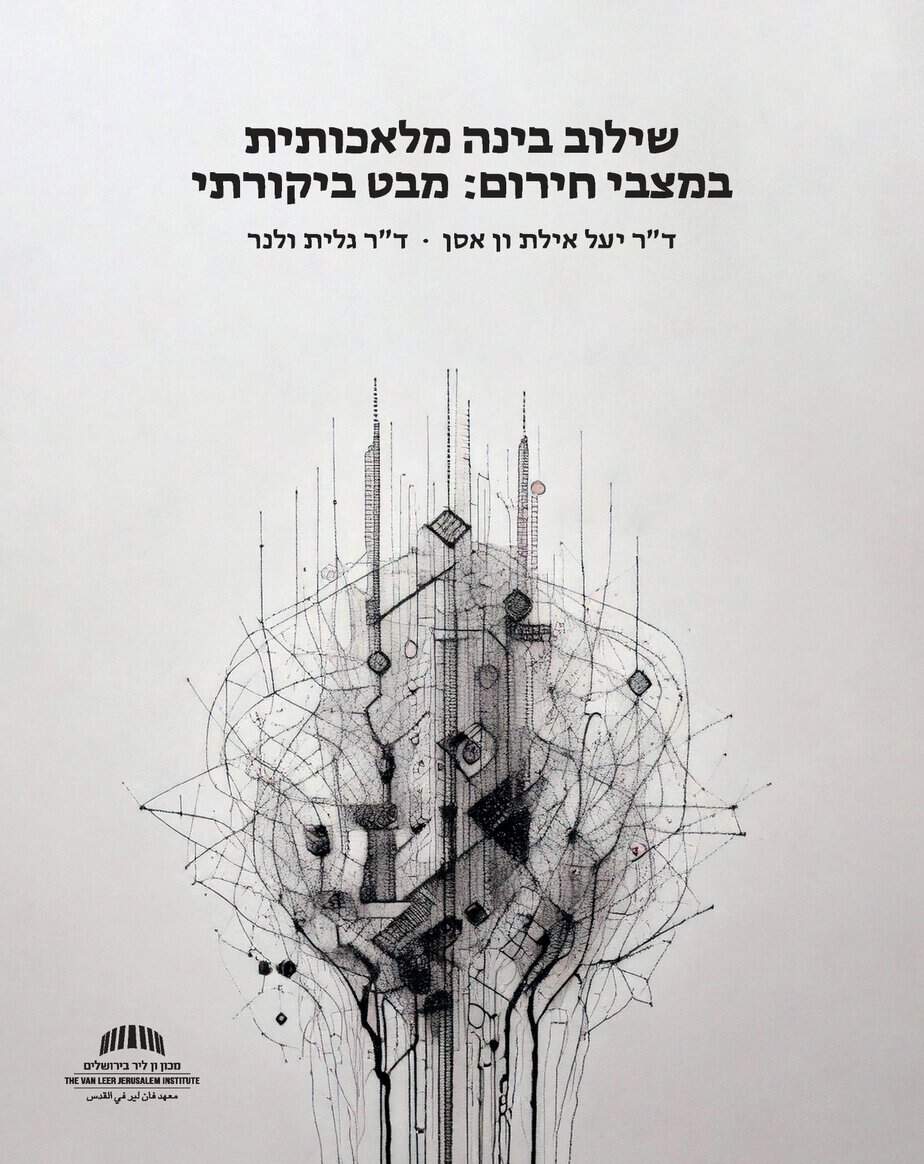Justice, Privatization and the Objectives of the Educational System
| By | Yossi Dahan |
| Publisher | Van Leer Institute Press and Hakibbutz Hameuchad |
| Language | Hebrew |
| Year of Publication | 2018 |
| Series | Theory and Criticism in Context Series |
Since the 1990s, the education systems in many countries have undergone a fundamental change driven by two seemingly conflicting forces: on the one hand, the strengthening of neoliberal thinking, with its emphasis on efficiency, productiveness, choice, and competition, and on the other hand, an unprecedented increase in the rhetoric of equal opportunity and the demands for multicultural diversity. In Israel, for example, this trend is manifested in the establishment of selective, magnet-type schools. Their creation purportedly fulfills the aims of educational pluralism and multiculturalism, yet at the same time they make extensive use of the mechanisms of privatization and selection. Similarly, in these countries there has been an intense public debate in recent years over the aims of the education system. The topics discussed include, for example, the imposition of the core curriculum on religious minorities, civics studies, textbook content, and the character of vocational education as opposed to education whose aim is humanist and is not tied to training pupils for the economic market.
Justice, Privatization and the Objectives of the Educational System offers a critical analysis of three disputes regarding the education systems in every democratic country, including Israel: the dispute over distributive justice, the lack of which is manifested in differential academic achievement based on nationality, ethnicity, gender, and class; the dispute over the responsibility of the state and the built-in tension between morality and efficiency that privatization processes generate; and the dispute over the aims of education and the desired nature of the school, including the content, teaching methods, and teachers.
The book combines a normative analysis using philosophical tools with an empirical analysis using economic, cultural, and political tools. Thus it creates a broad and detailed picture, the first of its kind, of the Israeli education system and the context in which it functions. The book will be of interest to academics, teachers, principals, decision makers in the education system, and the general public.




